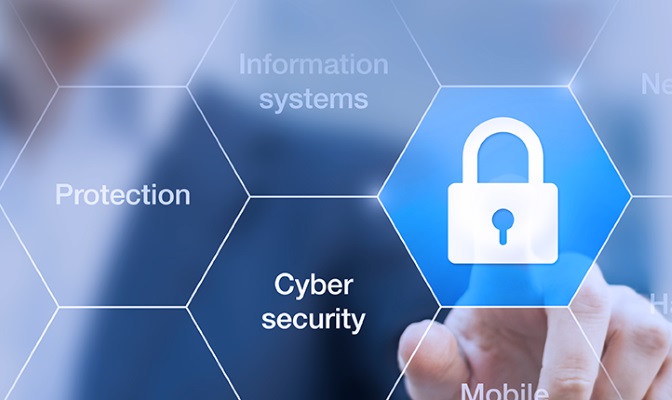Recent changes in Costa Rican Law now requires the legal representative of any Corporate entity to have a Digital Signature, or Firma Digital. The legislature passed Law 8454 several years ago. This is the LEY DE CERTIFICADOS, FIRMAS DIGITALES Y DOCUMENTOS ELECTRÓNICOS.
Over the past couple of years where the use of the Digital Signature has become more widespread and in some cases mandatory. Some government agencies have mandated that certain forms may only be filed electronically and need to be validated with the digital signature card. For example, the Tax Department (Departamento de Tribulation Directa) has many forms that will only be accepted via digital filing.
Another recent law creates a mandatory Shareholder and Beneficial Owner Registry for Costa Rican Corporations. The Central Bank of Costa Rica was required to create a secure technology platform to store that information. The Central Bank has since announced that it will be mandatory to have a digital signature to comply with that registration requirement.
The Firma Digital is a unique electronic ID or digital signature, which is used for making or signing an electronic document using the technology known as public-key cryptography. It allows you to digitally sign a document and for the signature to be recognized as validated by the person who signed it. This should be the President, Manager or someone with the legal Power of Attorney for the Corporation. If that person is the power of attorney for more than one corporation, the same digital signature can be used for all corporations. Essentially, the card is personal, and meant for the person who has the powers of attorney for the corporation.
If you are not sure who holds the power of attorney for your corporation, you need to contact the lawyer who set it up. It maybe the President or it could be another designated individual.
In Costa Rica, the digital signature consists of the following:
- a physical card, which is similar to your credit card
- a corresponding reader that interfaces the card with your computer
- a personal PIN number you assign to your card.
The representative of the corporation needs to setup an appointment to obtain the card and the card reader. On the day of the appointment they will process your digital signature card and issue you the card and the card reader for it. The cost is around $60-$90 depending on the financial institution. The signature card is currently valid for 4 years.
During the appointment, you will need to follow instructions on a computer screen and from the bank representative. They take your photo and you will have your fingerprints scanned in the process of issuing the card. The process is relatively simple, but if you do not have a basic comprehension of Spanish, you may have some difficulty. Take your time and follow the directions and ask for clarification if you are not sure about something.
Several financial institutions are authorized by the Central Bank of Costa Rica to issue digital signature cards:
- Banco de Costa Rica
- Banco Nacional
- Banco Popular y Desarrollo Comunal
- Banco Bac San José
- Banco BCT
- Banco Lafise
- Banco Davivienda
- Banco Promérica
- Banco Scotiabank
- Coopealianza
- Coopenae
- Coopeande No 1
- Instituto Nacional de Seguros – INS
Note that only some banks in our area issue the Digital Signatures and these are in Liberia. The following are the current institutions in Liberia and you need to setup an appointment using the following means:
- Banco Nacional - Call 2212-2000 then optión 5
- Banco Popular - by email This email address is being protected from spambots. You need JavaScript enabled to view it.
While it is true that foreigners are allowed to setup and own a Corporation in Costa Rica, the Digital Signature is only available to Costa Rica citizens with a valid cédula and foreign residents with residency and a valid DIMEX (residency identification card). You cannot get a digital signature card with your passport or if you are waiting to receive your residency card.











